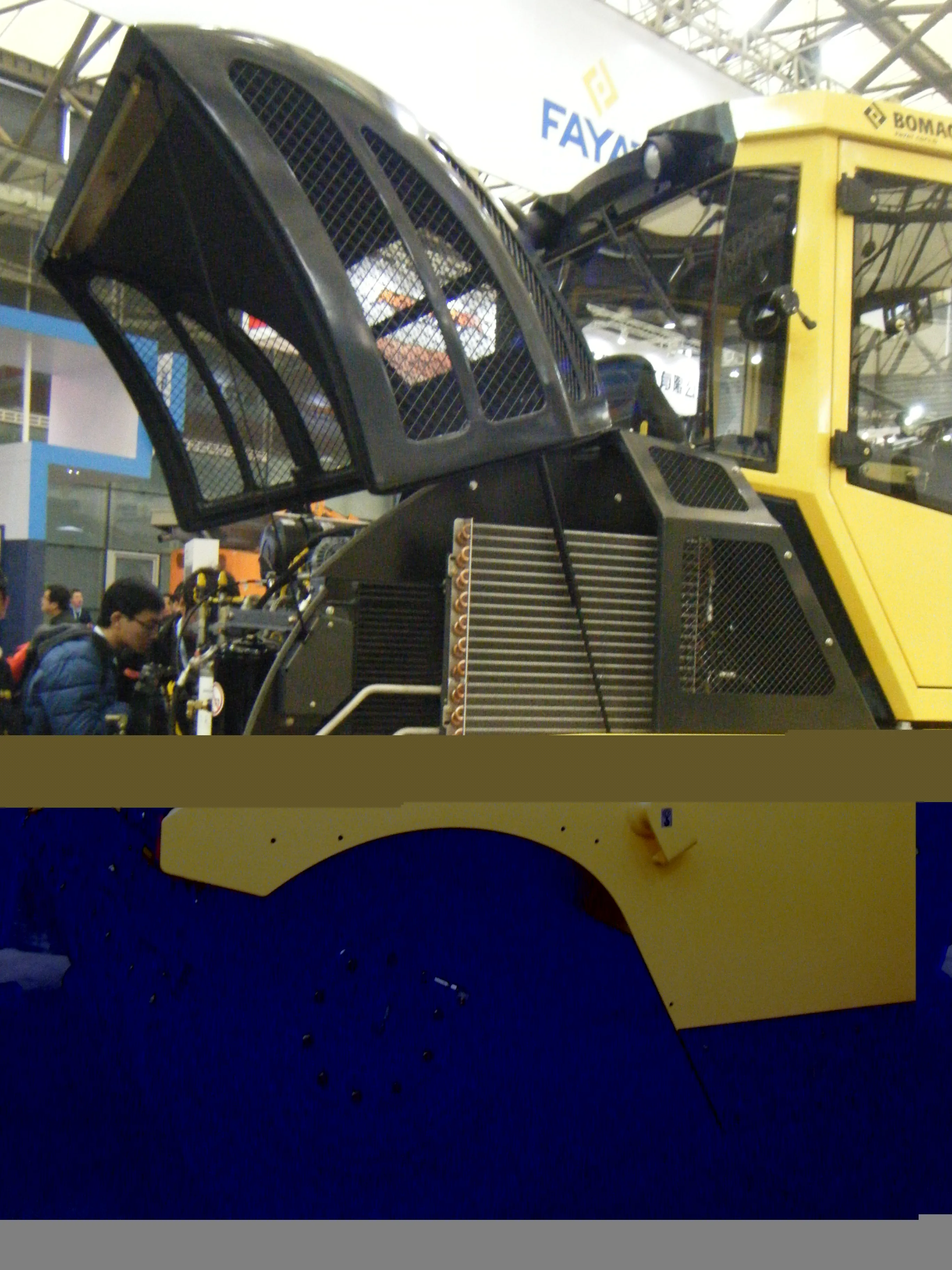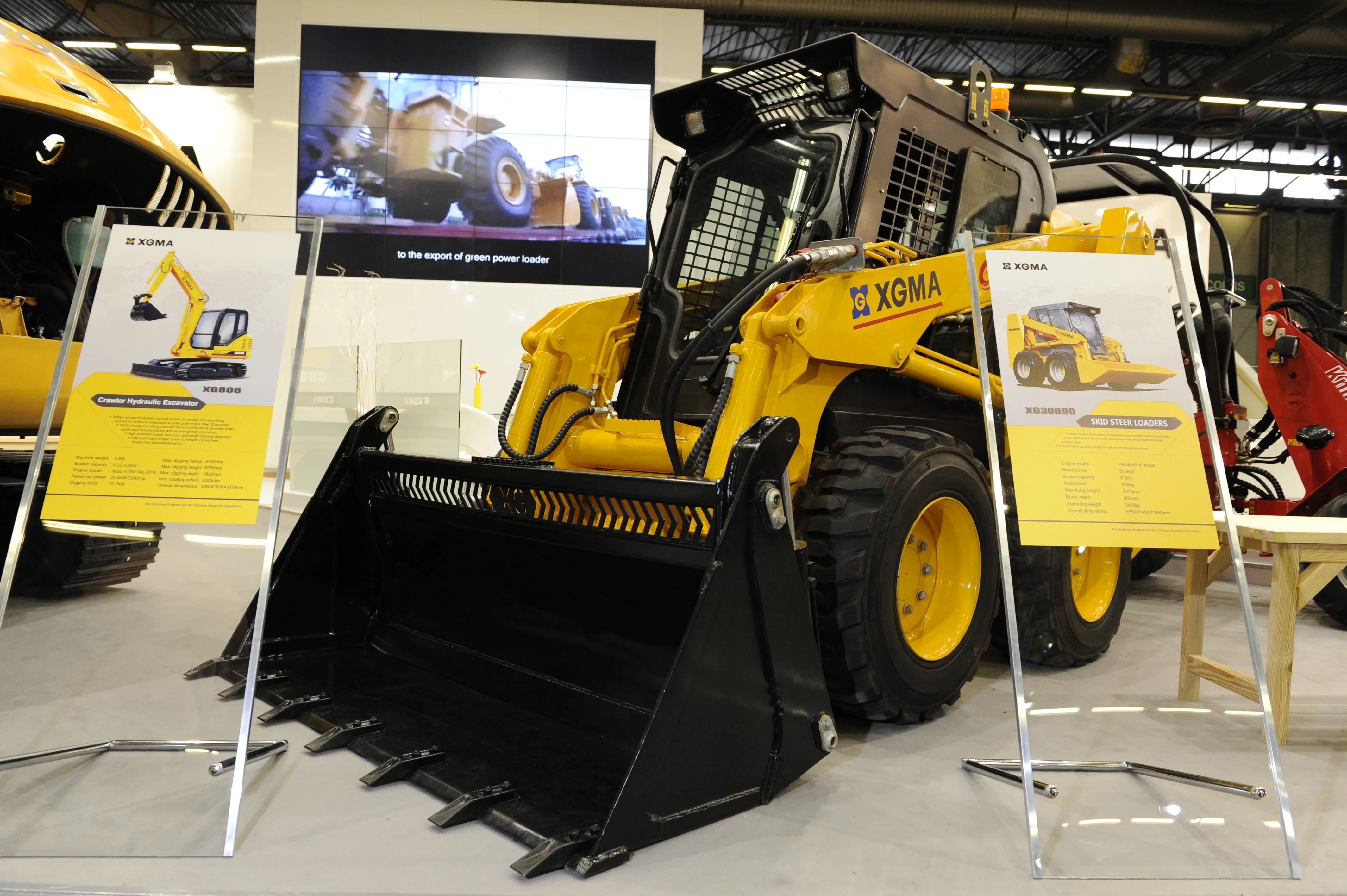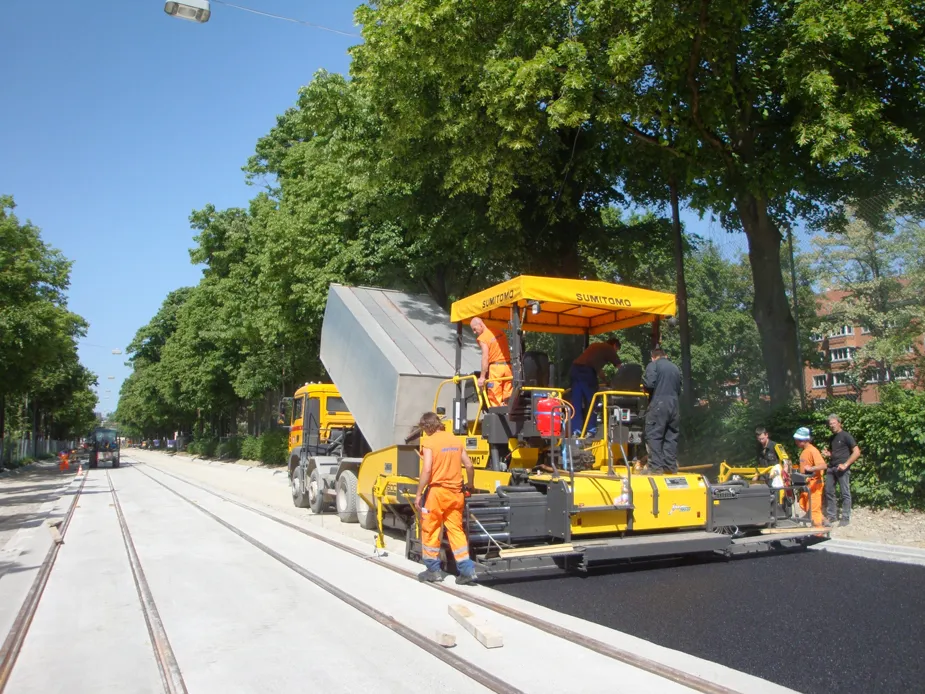The French Fayat Group’s operations in China continue to develop. Sales and marketing manager Jacques Bonvallet said, “The BOMAG factory in Shanghai is now over 5,000m2. We doubled the factory and this is the third extension to it we’ve made.” He said also that the size of the firm’s Marini facility building asphalt plants at Langfang has been doubled in size to meet demand. The company is particularly strong in China with its BOMAG compaction equipment and Marini asphalt plants, but the company is also ge
November 29, 2012
Read time: 2 mins

The French
He said also that the size of the firm’s
The company is particularly strong in China with its BOMAG compaction equipment and Marini asphalt plants, but the company is also gearing up with the BOMAG milling machines and pavers for example. The BF300C, BF600C and BF800C pavers are now available in China and Bonvallet said, “We decided to push these machines.”
However, he was keen to stress that the Chinese factories are not simply building models developed in Europe. These facilities have their own research and development teams and are developing machines for China, and also for the international market. Emissions regulations may mean different types of engines are fitted and electronics may vary, but the base machines are the same and Bonvallet said, “In terms of what we are selling, what you buy from BOMAG in China is what you buy from BOMAG in Germany.”
The BW25RH pneumatic tyred roller was conceived at BOMAG’s facility in China and Bonvallet said, “It’s built in China with German and Chinese components. This machine is also selling particularly well in Australia, where it is used as the last compaction stage in a train of machines for rehabilitating dirt roads.
%$Linker:








